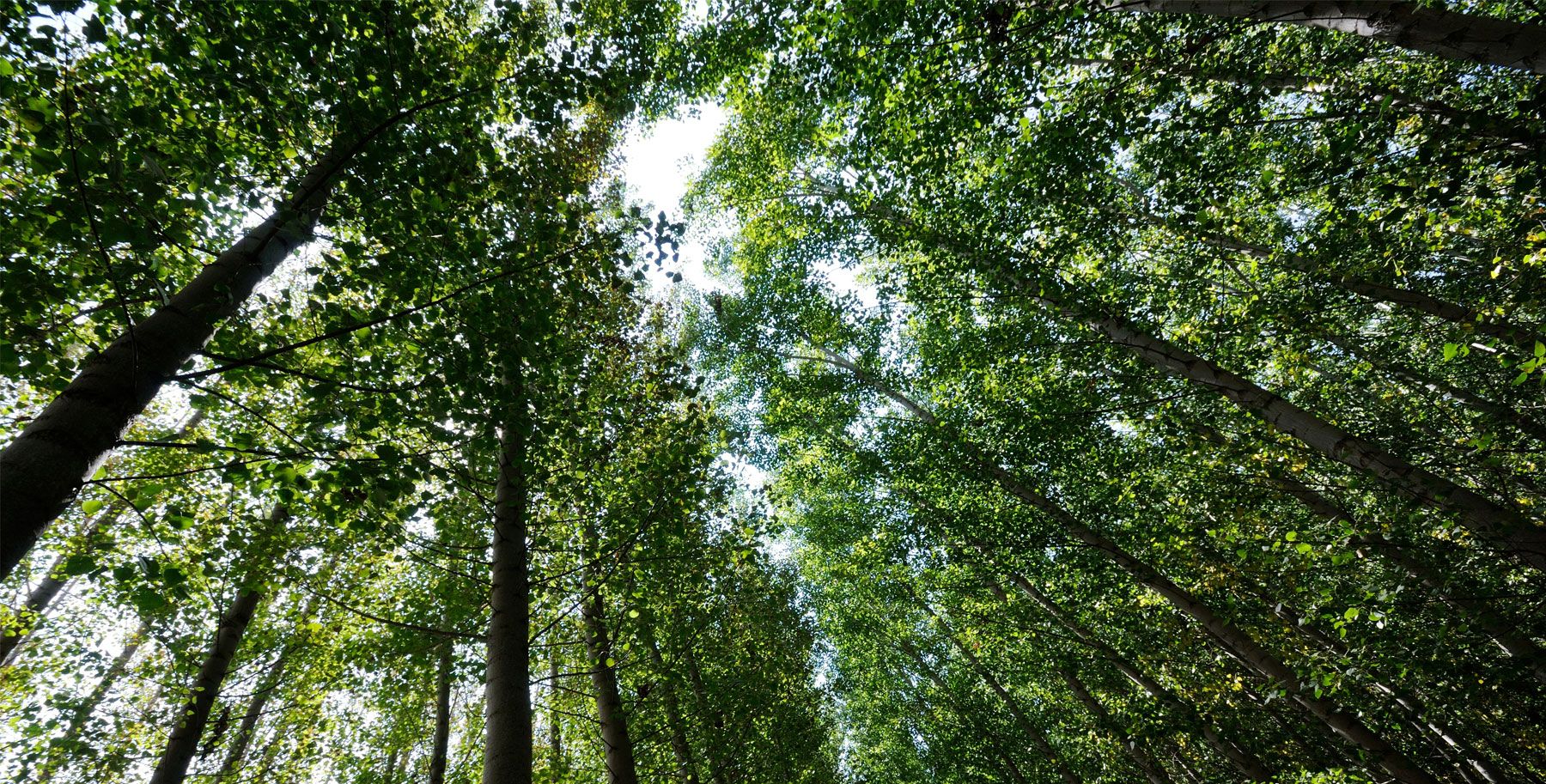
Celebrate Rhode Island Trees!
Thursday, May 9th, 2019; 3:00pm
The State Room - Second Floor
RI State House
Representative Lauren Carson and Senator Dawn Euer invite you to join them in celebration of trees and their essential role in Rhode Island’s ecology. An early provider of shelter, medicine, and tools, trees remain an integral resource to modern life. Trees contribute to their environment by providing oxygen, improving air quality, water conservation, soil preservation, and supporting wildlife and biodiversity.
Rhode Island’s trees and woodlands are key contributors to mitigating climate change. Trees are a natural resource that fundamentally enhance the ecological, social, and economic value of our communities. The Arbor Day Foundation recognizes 12 of the 39 cities and towns in Rhode Island as Tree Cities due to their commitment to tree care and urban forestry. Please join us and our guests as we continue to celebrate trees in Rhode Island and recognize this indispensable resource.
We invite you to join in celebration and engage in conversation regarding trees and their stake in our communities. Learn more about several ongoing legislative efforts to protect our woodlands, including the Woodland Stewardship and Preservation Act, which recognizes and protects Rhode Island’s woodland habitats.

















